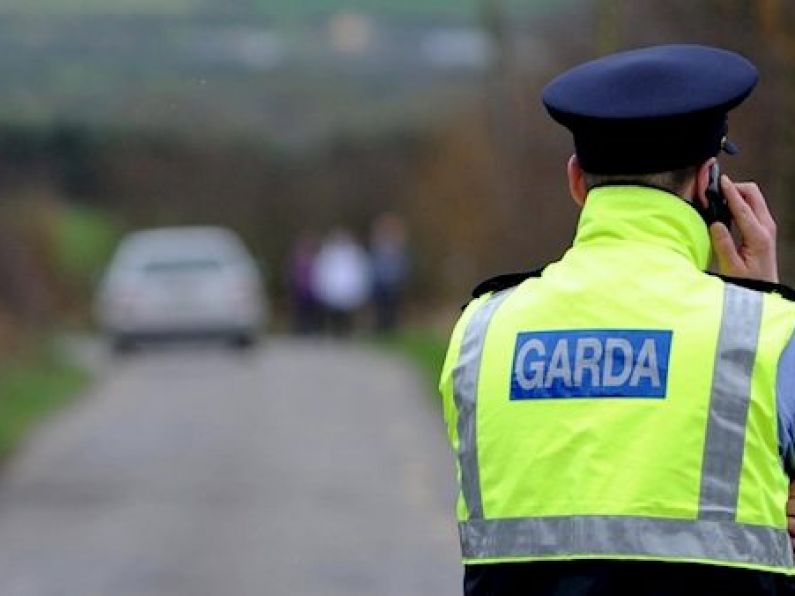Seven premises have been searched by gardaí as part of an investigation into fraudulent practices relating to horse meat to be exported from Ireland.
Farms, houses and commercial premises were searched in Kilkenny, Sligo, Westmeath, Sligo and Leitrim this morning.
The planned searches were carried out by the Garda National Bureau of Criminal Investigation, assisted by officials from the Department of Agriculture, Food and the Marine and the Food Safety Authority of Ireland.
They are part of an ongoing investigation by the Bureau into fraudulent practices being undertaken regarding passports and microchips for horses which are killed in Ireland for exportation abroad.
The operation is focusing on offences of deception pursuant to Section 6 of the Criminal Justice (Theft and Fraud) Offences Act, 2001.
It is further supported by officers from the Criminal Assets Bureau, Garda National Drugs and Organised Crime Bureau and Garda National Cyber Crime Bureau.
The news comes as it emerged dioxins has been detected in chilled Irish horse meat distributed to other EU countries.
It has been classed as a serious food risk in the EU’s Rapid Alert System for Food and Feed.
It was confirmed in May that dioxins, which are environmental pollutants, were found at a level of 27.18 ng/kg (21.8 parts per trillion) in chilled Irish horse meat.
Only one instance was reported in the EU’s Rapid Alert System for Food and Feed, so it is probably an isolated incident.
However, it combines two of Ireland’s worst food scares.
In 2008, all Irish pork products were removed from international shelves due to contamination after pigs were fed dioxin-contaminated feed made from bakery waste which was direct heated with oil fuel containing dioxins -- a repeat of a Belgian contamination incident nearly ten years before.
Then, in 2013, the horsemeat saga erupted after DNA tests showed a Tesco budget burger was found to have almost 30% horse meat.
Of 49 identified dioxin compounds, about 30 are significantly toxic. Dioxins are persistent environmental pollutants which bio-accumulate along the food chain. The highest levels are found in soils, sediments and food, especially dairy products, meat, fish and shellfish.
Dioxins come from human activities, including certain industrial processes. Accidents at chemical factories have been shown to result in high emissions and contamination. Other dioxin sources include domestic heaters, backyard burning, and waste incinerators.






